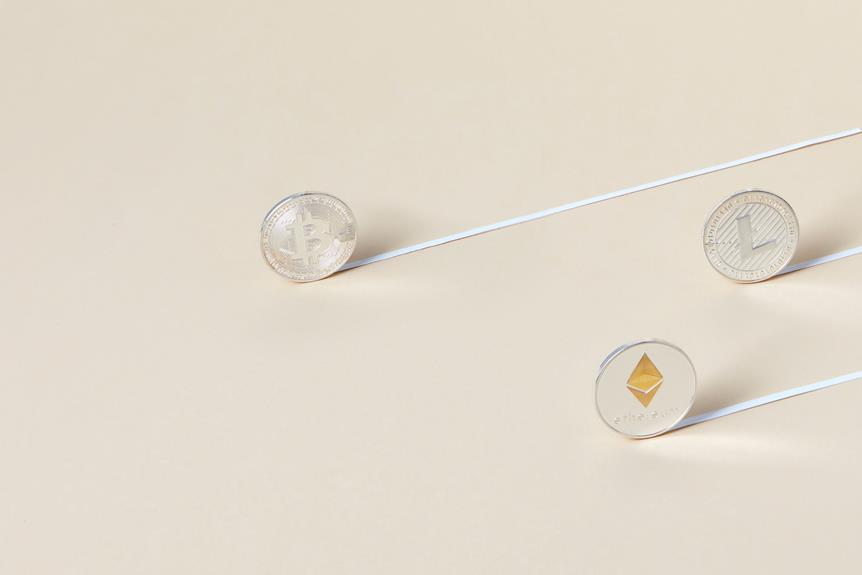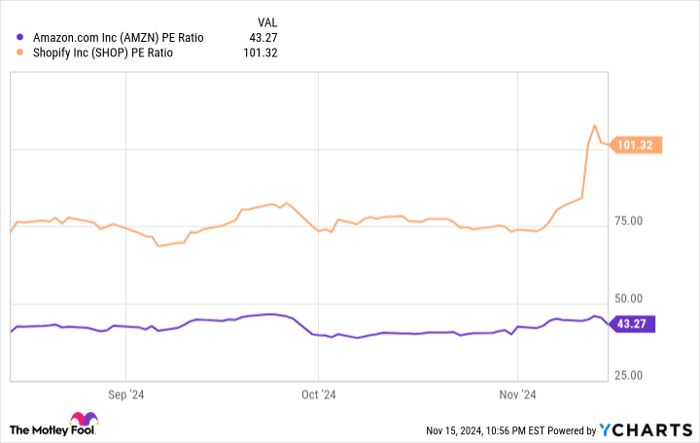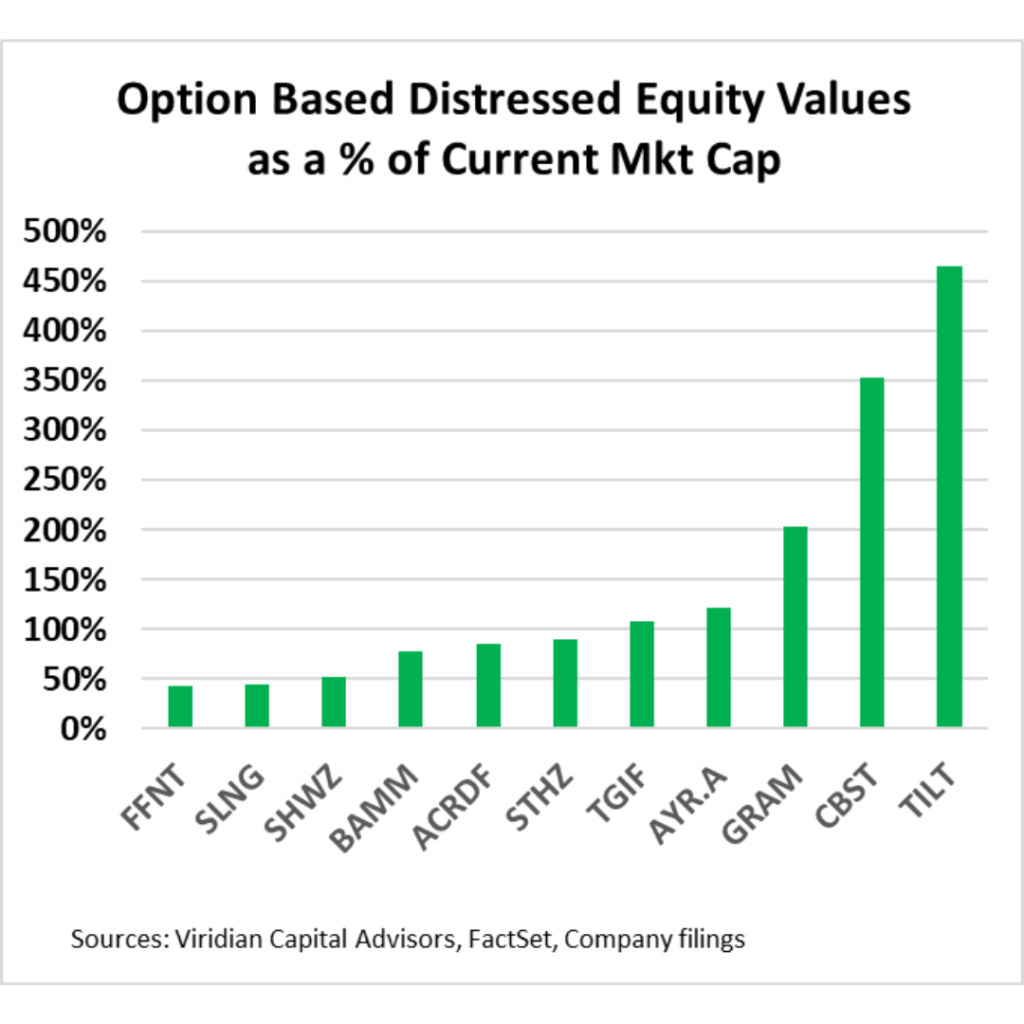Rare silver certificates, once issued by the U.S. government in the late 1800s, have been experiencing a significant surge in value in today's market.
This article explores the historical background of silver certificates, tracing their origins back to the 1860s when the United States emerged as a prominent silver producer.
It also delves into the obsolescence of these certificates in the 1960s and the subsequent retirement due to the repeal of the Silver Purchase Act.
Additionally, the article highlights the various denominations and designs of silver certificates, emphasizing the differences between large-sized and small-sized notes.
Furthermore, it sheds light on the value and rarity of these certificates, with certain versions commanding substantial prices in the market.
As the value of rare silver certificates continues to soar, understanding their historical significance and investment potential becomes increasingly important for collectors and investors alike.
Key Takeaways
- Rare silver certificates, especially the 1928C, 1928D, and 1928E versions, have seen a significant increase in value and can fetch up to $5,000 if in fine condition.
- Collectors often value silver certificates more than their face value, making them desirable for investment and collection purposes.
- The value of a $1 silver certificate depends on its type and condition. For example, a Series 1896 $1 Silver Certificate Educational note in good condition can be worth more than $500.
- Silver certificates are no longer printed by the U.S. government, and the issuance of coins for the redemption of certificates ended in 1964, leading to their obsolescence.
History and Background of Silver Certificates
During the late 1800s, silver certificates were issued by the U.S. government, allowing holders to redeem them for a specific amount of silver.
The evolutionary significance of silver certificates lies in their role in the transition from a bimetallic standard to the gold standard in the United States.
The Coinage Act of 1873 ended free coinage for silver, which had been a major component of the U.S. monetary system.
The introduction of silver certificates in 1878 under the Bland-Allison Act allowed for the continued use of silver as a form of currency, albeit indirectly.
This cultural impact was significant, as it maintained the availability and accessibility of silver for everyday transactions, while also providing stability and confidence in the monetary system.
The issuance of silver certificates by other countries, such as China and the Netherlands, further highlights their global significance in the evolution of currency systems.
Obsolescence of Silver Certificates
The obsolescence of silver certificates was driven by the anticipated scarcity of silver bullion, ultimately leading to their retirement in 1968. This decision was influenced by the impact of the silver shortage and the need to conserve precious resources.
As the United States faced a dwindling supply of silver, the government gradually phased out the use of silver certificates. Initially, certificate holders were able to redeem them for silver dollar coins, but this option was limited to a certain period of time. Eventually, the issuance of silver coins ceased altogether, and certificates could only be exchanged for silver granules.
The redemption period for silver certificates officially ended in June 1968, marking the end of an era. Today, silver certificates are no longer printed by the U.S. government, further solidifying their obsolescence.
Denominations and Designs of Silver Certificates
From 1878 to 1923, silver certificates were issued in larger sizes and ranged in denominations from $1 to $1,000. These certificates played a significant role in the US currency system during that time period.
The designs of these large-sized silver certificates featured notable figures, adding to their appeal for collectors. When the obsolescence of silver certificates occurred, collectors were impacted by the discontinuation of these unique and historically significant pieces.
The rarity and value of silver certificates have since soared, as collectors recognize their historical significance and seek to own a piece of US currency history. The denominations and designs of silver certificates provide a glimpse into the past and highlight the artistry and craftsmanship of these monetary instruments.
Collectors now appreciate the importance of preserving and collecting these pieces of US currency history.
Value and Rarity of Silver Certificates
The value and rarity of silver certificates have experienced a significant increase in recent years. Collectors have shown a growing interest in these historical documents, which has driven up their market value. Several factors contribute to the rarity and value of silver certificates.
Factors affecting the value of silver certificates include their condition, rarity, and historical significance. Notes in better condition are generally more valuable, as they are scarce and highly sought after by collectors. Additionally, certain series and types of silver certificates are rarer than others, making them more valuable in the market. For example, the 1928C, 1928D, and 1928E versions are among the rarest and can fetch up to $5,000 in fine condition.
Factors contributing to the rarity of silver certificates include limited production numbers and the passage of time. As these certificates were issued decades ago, many have been lost, damaged, or destroyed over time. This scarcity further drives up their value and makes them highly desirable among collectors.
In summary, the value and rarity of silver certificates have seen a significant increase in recent years. Factors such as condition, rarity, and historical significance play a crucial role in determining their value, making these certificates a valuable and sought-after collectible.
| Factors Affecting Value | Factors Contributing to Rarity | Historical Significance |
|---|---|---|
| Condition | Limited Production Numbers | Scarce |
| Rarity | Passage of Time | Highly Desirable |
| Historical Significance |
Silver Investing Options
When considering investing in silver, there are several options available to individuals. Investing in precious metals like silver can provide a hedge against inflation and diversify investment portfolios. Here are three silver investing options to consider in the silver certificate market:
- Purchase Physical Silver: Investors can buy physical silver in the form of coins, bullion, jewelry, or silverware. This allows individuals to directly own and store the physical metal.
- Invest in Silver ETFs: Exchange-traded funds (ETFs) backed by physical silver offer a convenient way to invest in silver without the need for storage or handling. These ETFs track the price of silver and can be bought and sold on stock exchanges.
- Invest in Mining Companies: Another option is to invest in mining or precious metal streaming companies. Owning stock in these companies provides indirect exposure to the price of silver and allows investors to benefit from the growth potential of the industry.
Investing in silver can be a strategic addition to an investment portfolio, providing potential long-term growth and stability in the precious metals market.
Conclusion
In conclusion, the surge in value of rare silver certificates highlights the enduring allure and investment potential of these historical artifacts. The silver certificate market has experienced a significant increase in value, with certain rare versions fetching prices as high as $5,000 if in fine condition. Collectors and investors recognize the value of these certificates, often valuing them more than their face value.
Investing in silver certificates can be a lucrative venture, especially for those who possess rare editions. However, it is important for potential investors to conduct thorough research and seek expert advice before entering the market.
Additionally, alternative silver investing options, such as purchasing physical silver or investing in silver-backed ETFs or mining companies, may also provide opportunities for investors to benefit from the rising value of silver.
Frequently Asked Questions
How Can I Determine the Authenticity of a Rare Silver Certificate?
Determining the authenticity of a rare silver certificate requires a combination of knowledge and examination. Look for security features, such as watermarks and security threads, and compare the design and printing quality to known genuine examples. Spotting fakes may also involve consulting experts and referencing reputable sources.
Are There Any Specific Markings or Features on Silver Certificates That Make Them More Valuable?
Specific markings, identifying features, and printing errors can make silver certificates more valuable. Grading standards, historical significance, and collector demand also play a role. Government backing, security features, and condition are additional value indicators.
What Factors Contribute to the Rarity of a Silver Certificate?
Factors affecting the rarity of a silver certificate include historical significance, such as the year of issuance and design type. Rare versions, such as the 1928C, 1928D, and 1928E notes, are highly sought after by collectors.
Are There Any Known Counterfeit Silver Certificates in Circulation?
Counterfeit detection of silver certificates is crucial as it directly impacts their market value. While there have been instances of counterfeit silver certificates in circulation, diligent authentication measures, including expert examination and advanced technology, help minimize their presence.
Can Silver Certificates Be Used as Legal Tender Today?
Silver certificates cannot be used as legal tender today. While they held historical significance as a form of currency, they have been obsolete since 1968. However, they are highly sought after by collectors and can be valuable for investing purposes.





I don’t think the title of your article matches the content lol. Just kidding, mainly because I had some doubts after reading the article.
Can you be more specific about the content of your article? After reading it, I still have some doubts. Hope you can help me.
Thanks for sharing. I read many of your blog posts, cool, your blog is very good.
Thanks for sharing. I read many of your blog posts, cool, your blog is very good.
Your point of view caught my eye and was very interesting. Thanks. I have a question for you.
Your point of view caught my eye and was very interesting. Thanks. I have a question for you.
Your article helped me a lot, is there any more related content? Thanks!
Very interesting details you have mentioned,
appreciate it for putting up.Raise range
I don’t think the title of your article matches the content lol. Just kidding, mainly because I had some doubts after reading the article.
I don’t think the title of your article matches the content lol. Just kidding, mainly because I had some doubts after reading the article.
Your point of view caught my eye and was very interesting. Thanks. I have a question for you.
I don’t think the title of your article matches the content lol. Just kidding, mainly because I had some doubts after reading the article.
Thank you for your sharing. I am worried that I lack creative ideas. It is your article that makes me full of hope. Thank you. But, I have a question, can you help me?
Thanks for sharing. I read many of your blog posts, cool, your blog is very good.
Thank you for your sharing. I am worried that I lack creative ideas. It is your article that makes me full of hope. Thank you. But, I have a question, can you help me?
Your article helped me a lot, is there any more related content? Thanks! https://accounts.binance.com/el/register-person?ref=IQY5TET4
Your article helped me a lot, is there any more related content? Thanks!
Your article helped me a lot, is there any more related content? Thanks!
Thank you for your sharing. I am worried that I lack creative ideas. It is your article that makes me full of hope. Thank you. But, I have a question, can you help me? https://accounts.binance.com/tr/register?ref=W0BCQMF1
Thank you for your sharing. I am worried that I lack creative ideas. It is your article that makes me full of hope. Thank you. But, I have a question, can you help me? https://accounts.binance.com/pt-PT/register?ref=DB40ITMB
Thank you for your sharing. I am worried that I lack creative ideas. It is your article that makes me full of hope. Thank you. But, I have a question, can you help me?
Your point of view caught my eye and was very interesting. Thanks. I have a question for you.
I have learn a few excellent stuff here. Certainly value bookmarking for revisiting.
I wonder how much attempt you place to make any such fantastic informative web site.!
Hey there! Do you know if they make any plugins to
help with SEO? I’m trying to get my website to rank for some targeted keywords but I’m not seeing
very good gains. If you know of any please share.
Kudos! You can read similar text here: Blankets
Hello there! Do you know if they make any plugins to assist with Search Engine Optimization? I’m trying to get my blog to
rank for some targeted keywords but I’m not seeing very good
success. If you know of any please share. Kudos!
You can read similar text here: Eco product
From skull-formed candles to gothic-impressed artwork, you may create an immersive and edgy setting that really represents your rock soul.
sugar defender I’ve dealt with blood sugar changes for many years,
and it actually influenced my power degrees throughout the
day. Since beginning Sugar Defender, I really feel much more balanced
and sharp, and I do not experience those mid-day drops any longer!
I enjoy that it’s an all-natural remedy that functions without any severe side effects.
It’s truly been a game-changer for me
Thanks for sharing. I read many of your blog posts, cool, your blog is very good.
Thank you for your sharing. I am worried that I lack creative ideas. It is your article that makes me full of hope. Thank you. But, I have a question, can you help me?
Thank you for your sharing. I am worried that I lack creative ideas. It is your article that makes me full of hope. Thank you. But, I have a question, can you help me?